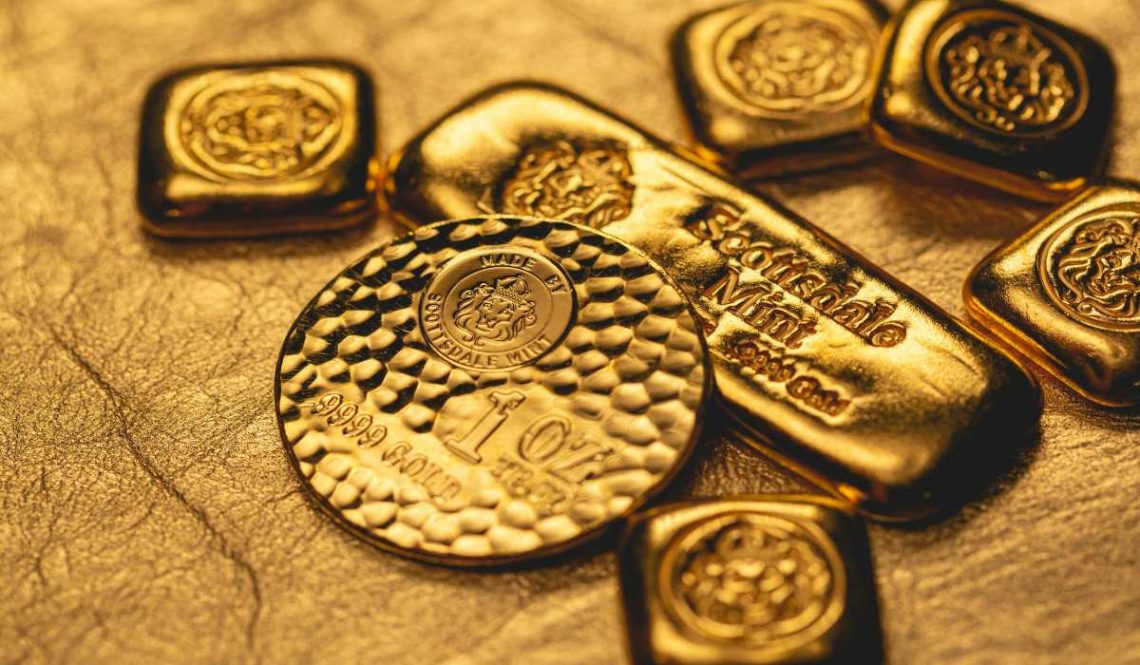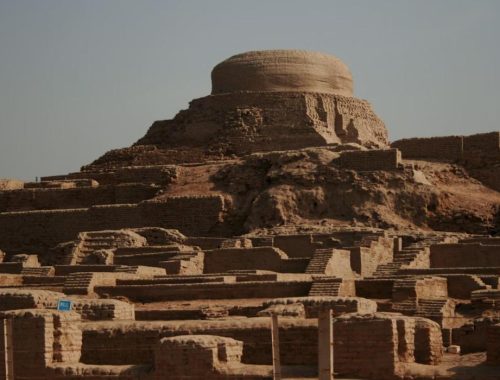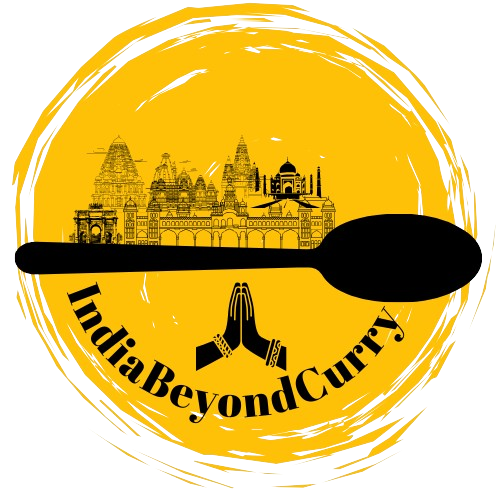
Dhanteras Through the Ages: How the Festival Evolved Over Centuries
Dhanteras is the festival of wealth and prosperity, which marks the beginning of the Diwali celebrations in India. Traditionally observed two days before Diwali, it is an auspicious day dedicated to welcoming wealth and good fortune. This day is also known as “Dhantrayodashi” and is celebrated on the 13th day of the Krishna Paksha (dark fortnight) of the Hindu month of Ashwin. But how did this beloved festival begin, and how has it changed over time? Let’s explore the evolution of Dhanteras, from its ancient roots to its modern-day traditions. Keep reading!
Ancient Beginnings: The Mythological Origins
The story of Dhanteras finds its roots in Hindu mythology. According to legend, there was a young prince named Hima, whose horoscope predicted an early death due to a snake bite on his 16th birthday. Concerned, his wife decided to protect him on the destined night by laying out an array of glittering ornaments and lamps at the entrance to their home. She also stayed awake all night, singing songs and narrating stories to keep her husband alert.
When Lord Yama, the god of death, arrived disguised as a serpent, he was blinded by the brilliance of the jewelry and lamps and sat mesmerized at the doorstep, unable to enter the house. By morning, he left peacefully, sparing the prince’s life. This legend established Dhanteras as a day to drive away bad luck and invite prosperity.
Symbolism of Wealth and Health
In ancient times, Dhanteras was not only about material wealth but also about health and well-being. The name “Dhanteras” is derived from two words: “Dhan,” meaning wealth, and “Teras,” signifying the thirteenth day of the lunar calendar. Over time, wealth on Dhanteras came to symbolize more than just riches; it also included the wealth of health, family, and happiness. As such, Ayurvedic treatments and health rituals also found importance on this day. People would clean their homes and prepare for the arrival of Lakshmi, the goddess of wealth and prosperity, signifying the desire for both physical and spiritual health.
Dhanteras: The Tradition of Buying Gold and Silver
One of Dhanteras’ most cherished traditions is buying gold, silver, and other precious items. This custom is rooted in the belief that purchasing valuable items invites prosperity. It is said that each item bought on Dhanteras, whether jewelry, coins, or utensils, brings good fortune and wards off negativity. Ancient kings and merchants in India especially revered Dhanteras as a time to invest in wealth, symbolized through metals and valuables that signified stability and success.
In rural areas, farmers would purchase new tools, symbolizing prosperity in agriculture, while artisans and craftsmen would invest in equipment relevant to their trade. This tradition has endured through centuries and still sees people of all walks of life buying something valuable on Dhanteras, as a token of good luck.
Evolving Rituals: From Deepa Lighting to Modern Décor
In the earlier days, people observed Dhanteras by lighting clay lamps (deepas) at the entrance of their homes, symbolic of illuminating their paths to prosperity. These lamps were also believed to protect against negative energies. As the festival evolved, homes and public spaces started embracing more elaborate decorations, with flowers, rangolis, and string lights adorning the entrances.
Nowadays, decoration trends have evolved with LED lights, scented candles, and even eco-friendly DIY décor. But despite the modern twists, the essence of lighting up spaces to welcome prosperity remains unchanged. The rituals of Dhanteras now blend traditional practices with new trends, showcasing the adaptability of the festival through the ages.
The Role of Ayurveda and the Worship of Lord Dhanvantari
Dhanteras is also widely associated with Lord Dhanvantari, the god of Ayurveda and healing. It is said that on this day, Lord Dhanvantari appeared from the ocean with a pot of Amrit, the elixir of life. This momentous occasion established Dhanteras as a day to celebrate health. Ayurvedic practitioners especially revere this day, offering prayers for well-being and preparing herbal remedies.
In the past, Dhanteras involved rituals promoting healthy living. Many families would clean their homes, light incense, and use traditional herbs to purify their surroundings. Today, health remains a central theme of the festival, with people often conducting pujas for well-being and seeking blessings for a healthy year ahead. Ayurvedic practices, herbal remedies, and health awareness campaigns have become modern ways of honoring Dhanvantari’s role in this festival.
Modern-Day Dhanteras: Technology and Online Shopping
With time, Dhanteras has adapted to fit modern lifestyles. The age-old tradition of buying gold and silver has transformed with an increase of online shopping. Today, people have the convenience of purchasing everything from jewelry to electronics online, sometimes with exclusive Dhanteras offers and discounts. E-commerce platforms see a surge in purchases as people invest in various items, from traditional gold coins to modern gadgets.
Additionally, digital payments and online marketplaces have made Dhanteras shopping more accessible to a broader audience, marking a shift from the earlier need to physically visit jewelry stores or markets. However, the sentiment behind buying something valuable remains as strong as ever.
Takeaway: The Everlasting Glow of Dhanteras
From ancient legends to the era of online shopping, Dhanteras has evolved beautifully while staying true to its essence of welcoming prosperity and well-being. The festival’s customs have adapted with time, reflecting the changing lifestyle, technological advancements, and even global cultural influences. Yet, at its heart, Dhanteras remains a day to honor wealth, health, and happiness.
As people light their homes and invest in prosperity each year, they carry forward the rich legacy of Dhanteras, celebrating not just the sparkle of precious metals but also the values and traditions that have shaped the festival through centuries. This timeless celebration serves as a reminder that while life may change, some traditions stay with us, illuminating our paths in every age.
Khushi Jha
I am Khushi Jha, a proud alumna of Delhi University with a degree in History and Political Science. My fascination with the events that have shaped our world drives me every day. Currently, I am pursuing my Master’s in History, diving even deeper into global dynamics and the incredible heritage of India. I firmly believe that India's rich heritage deserves wider recognition. I strive to bring its stories to the forefront, ensuring they are celebrated and acknowledged on a global stage. I have written extensively across various niches, including fashion, health, lifestyle, real estate, hospitality, amongst others. In my free time, you’ll find me immersed in books, both fiction and non-fiction, or simply enjoying some much-needed rest.
You May Also Like

India’s Aviation Vision 2047: Growth, Innovation, and Sustainable Air Travel
October 24, 2025
Exploring Indus Valley Civilization: History, Discoveries, and Scholarly Debates
July 27, 2024


